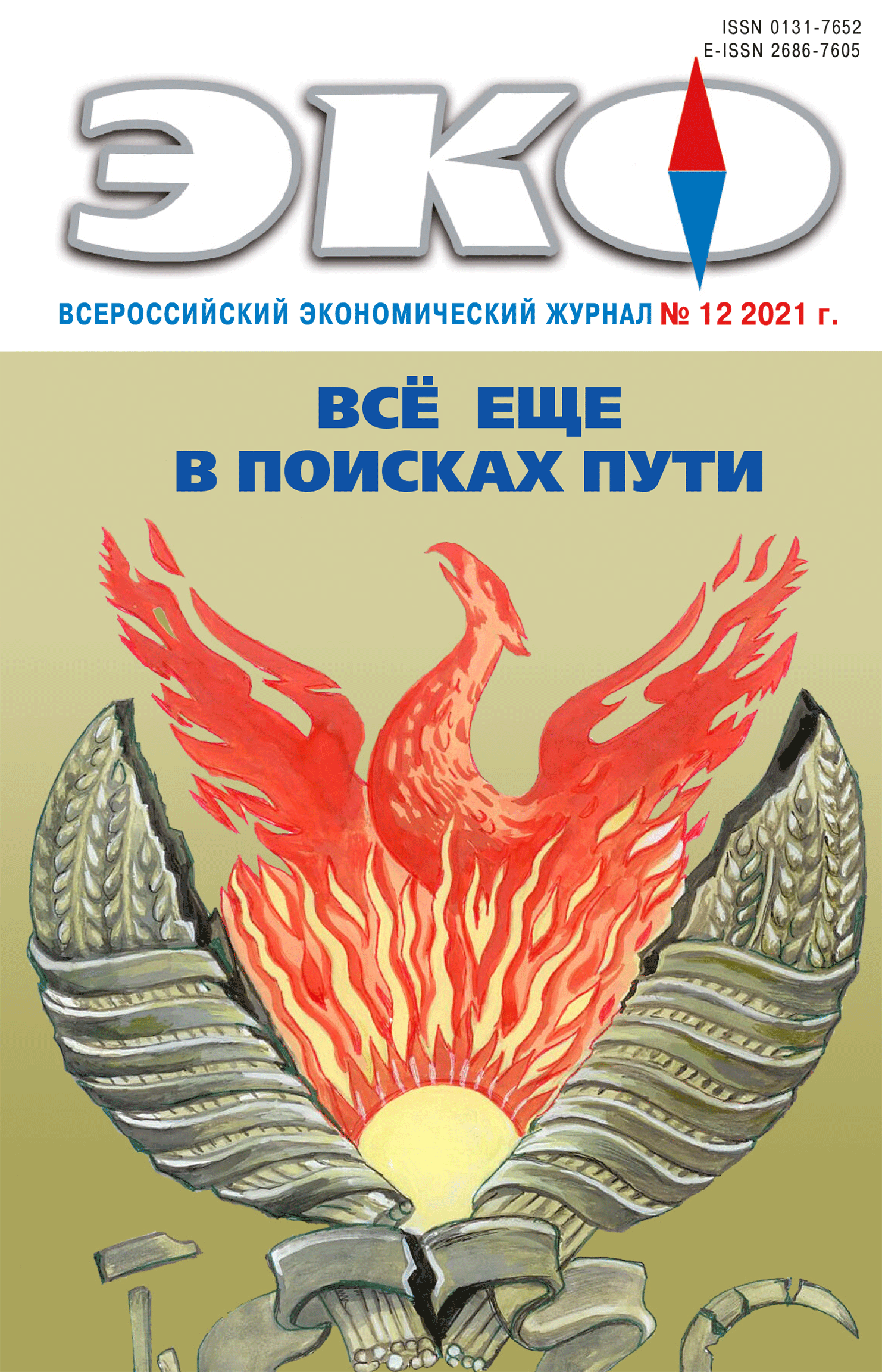INVESTMENT, INNOVATION & INDUSTRIAL POLICIES
Renovation Programs for Dilapidated Dwellings – Problems and Risks of Legislative Regulation and Implementation
Published 2021-11-29
Keywords
- renovation,
- dilapidated dwellings,
- complex development of territories (KRT),
- housing law,
- urban planning law
How to Cite
1.
Makarov А. Renovation Programs for Dilapidated Dwellings – Problems and Risks of Legislative Regulation and Implementation. ECO [Internet]. 2021 Nov. 29 [cited 2025 Dec. 29];51(12):58-77. Available from: https://ecotrends.ru/index.php/eco/article/view/4354
Abstract
The paper analyses the Russian practice in the field of dilapidated dwellings and renovation programs. The problem of dilapidated dwellings is among the priorities of government policy, considerable attention is paid to this problem at the federal level in the national project, substantial funding was allocated. It was proposed to solve this problem through an active development of renovation programs, including within the framework of the new law (494-FZ, 30.12.2020). This law created the institute of complex development of territories (in the Russian legislation it was called “KRT”).At the same time, fundamental problems of both legislative and law enforcement nature remain in this area: 1) high legal uncertainty in the procedure of recognizing a house as dilapidated, 2) insufficient guarantees of compensations for residents of damaged houses 3) significant problems in the mechanisms of KRT programs from the point of view of protecting social rights and property rights.As a result, excess renovation programs may not increase social welfare, but may cause significant social conflicts. The paper proposes measures to increase guarantees for residents of dilapidated dwellings and property owners. Recommendations for mitigating the risks of KRT programs are offered.References
- Трутнев Э. К. Анализ Закона № 373-ФЗ о комплексном развитии территорий // Имущественные отношения в РФ. 2017. № 7 (190). С. 70–81.
- Шахворостов Г. И., Злобина О. В. О проблеме соотношения понятий «ветхое» и «аварийное» жилье в нормативно-правовых актах и статистике в государственном и муниципальном управлении // РСЭУ. 2020. № 2 (49). С. 157–164.
- Шнейдерман И. В., Гришанов В. И., Гузанова А. К., Ноздрина Н. Н. Проблемы ветхого и аварийного жилья в России // Народонаселение. 2019. № 4. С. 18–35.
- Kaufmann D., Kraay A., Mastruzzi M. Growth and Governance: A Reply // The Journal of Politics. 2007. Vol. 69, no. 2. Pp. 555–562. https://doi.org/10.1111/j.1468–2508.2007.00550.x.

